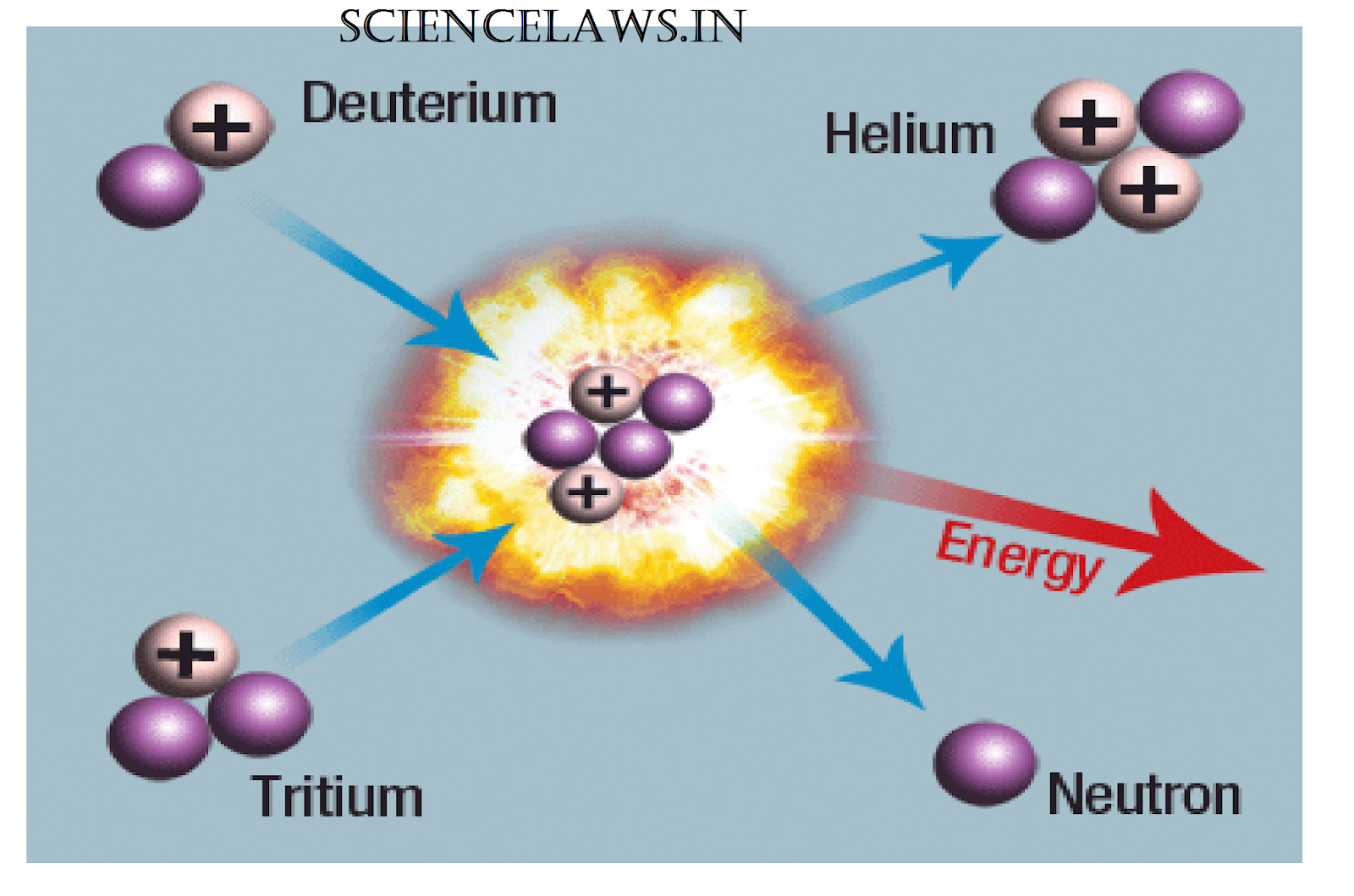

Nuclear fission can be controlled through various scientific processes. In the nuclear fission reaction, the amount of energy required is less than the energy needed in a fusion reaction. Harnessing fusion, the process that powers the Sun, could provide a limitless, clean energy source. It is the opposite reaction of fission, where heavy isotopes are split apart. higher degrees of temperature and high pascals of pressure. Nuclear fusion is defined as the combining of several small nuclei into one large nucleus with the subsequent release of huge amounts of energy. Moreover, extreme conditions are required for this process to take place, i.e. The energy released by fission is a million times greater than that released in chemical reactions but lower than the energy released by nuclear.

In this process, a substantial amount of energy is required to force low energy atoms to fuse. The main difference between these two processes is that fission is the splitting of an atom into two or more smaller ones while fusion is the fusing of two or more smaller atoms into a larger one.However, this is 3-4 times less than the energy released during nuclear fusion. Nuclear fusion takes place naturally, such as in stars like the sun.Nuclear fusion implies a nuclear reaction, wherein two or more lighter nuclei fuse to create one heavy nucleus, which produces a tremendous amount of energy, such as hydrogen atoms fuse to form helium.Nuclear fusion is a reaction through which two or more light nuclei collide with each other to form a heavier nucleus.Nuclear fusion refers to a process in which two or more lighter atoms combine to create a heavy nucleus.Nuclear Fusion is a reaction that occurs when two atoms combine together to form one or more different atomic nuclei and subatomic particles like protons and neutrons.
.png)
By calculating the energy released in each type of reaction, you can accurately compare the relative. The nuclei formed during the reaction, are highly neutron-rich and unstable. Both fission and fusion reactions are highly exothermic.


 0 kommentar(er)
0 kommentar(er)
